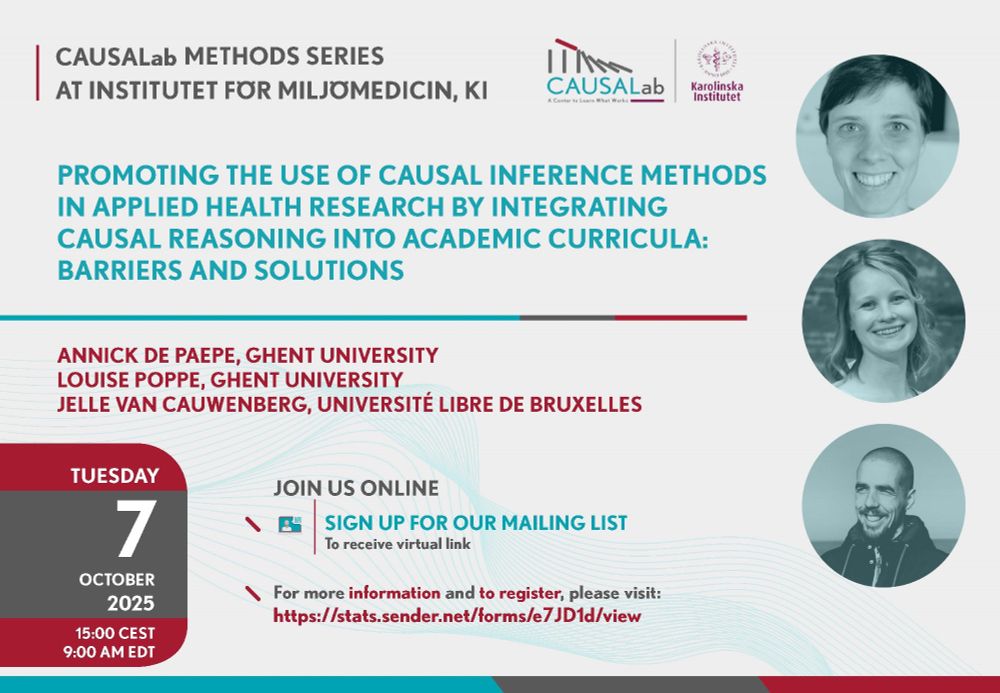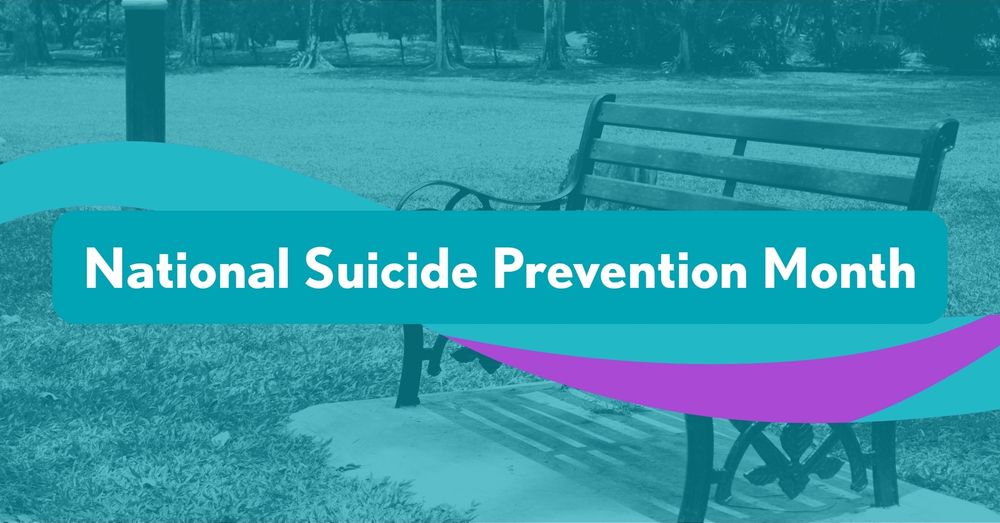CAUSALab
@causalab.bsky.social
3K followers
3 following
260 posts
Actionable #causalinference with real-world impact.
We use health data to help decision makers make better decisions.
We train investigators at Harvard T.H. Chan School of Public Health.
Connect with CAUSALab: https://linktr.ee/causalab
Posts
Media
Videos
Starter Packs
Reposted by CAUSALab
Miguel Hernan
@miguelhernan.org
· Sep 3
CAUSALab
@causalab.bsky.social
· Sep 3
CAUSALab
@causalab.bsky.social
· Sep 3
CAUSALab
@causalab.bsky.social
· Sep 3
CAUSALab
@causalab.bsky.social
· Sep 3
CAUSALab
@causalab.bsky.social
· Sep 3
CAUSALab
@causalab.bsky.social
· Sep 3
CAUSALab
@causalab.bsky.social
· Sep 3
CAUSALab
@causalab.bsky.social
· Sep 3
CAUSALab
@causalab.bsky.social
· Sep 3
Reposted by CAUSALab












